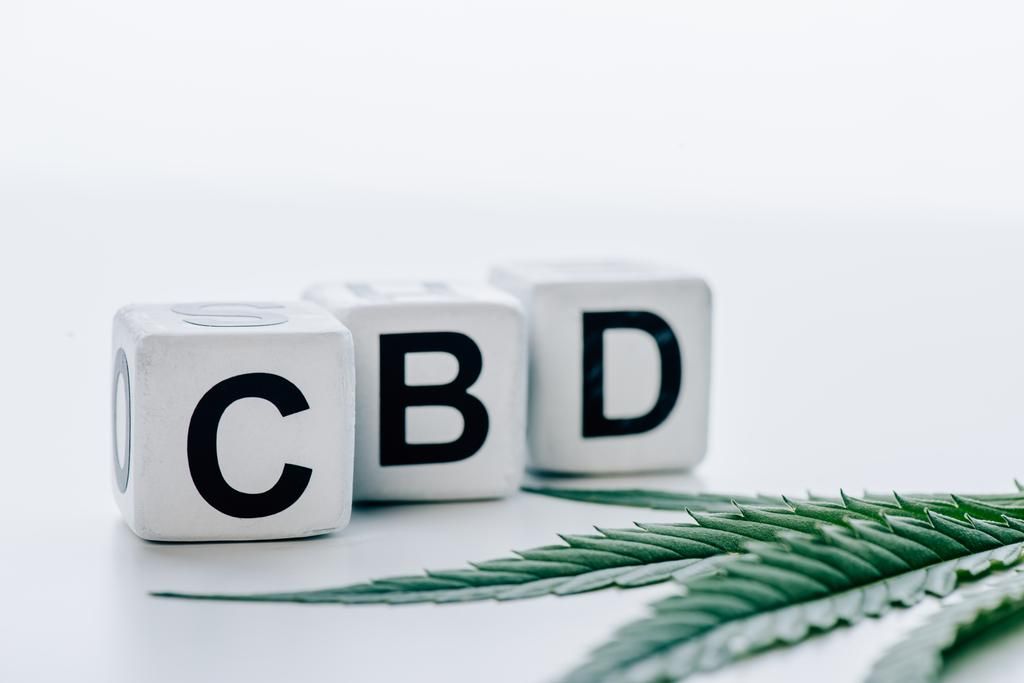A new double-blind, placebo-controlled crossover study has found that cannabidiol (CBD) led to behavioral improvements in about two-thirds of boys with autism spectrum disorder, though researchers emphasize that a strong placebo effect complicates interpretation of the results.

Conducted by the University of California San Diego School of Medicine and published in the Journal of Autism and Developmental Disorders, the trial involved autistic boys aged 7 to 14 with severe behavioral challenges. Over two eight-week phases separated by a four-week washout, participants received either CBD (up to 20 mg/kg per day of Epidiolex®) or placebo. Behavioral assessments were conducted before and after each phase.
Improvements were observed across both treatment and placebo groups on the Repetitive Behavior Scale-Revised (RBS-R) and Child Behavior Checklist (CBCL). Scores on the Autism Diagnostic Observation Schedule (ADOS-2) improved during the placebo phase, but this disappeared when factoring in other medications taken by participants.
Despite the inconclusive primary outcomes, blinded clinical impressions found that roughly two-thirds of the participants experienced noticeable behavioral improvements while on CBD. One-third also showed some level of improvement during the placebo phase, highlighting the placebo effect’s significance in this kind of research.
CBD was found to be well tolerated, though researchers noted that some behavioral medications may reduce circulating CBD levels, potentially influencing efficacy.
The findings suggest CBD may benefit some autistic children, but the strength of the placebo effect underlines the need for more rigorous studies to isolate its true therapeutic impact.








